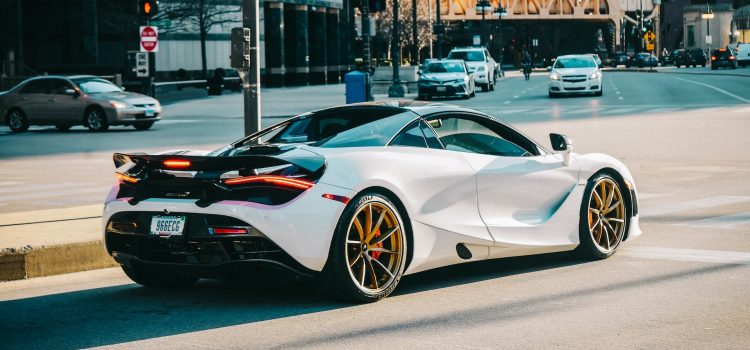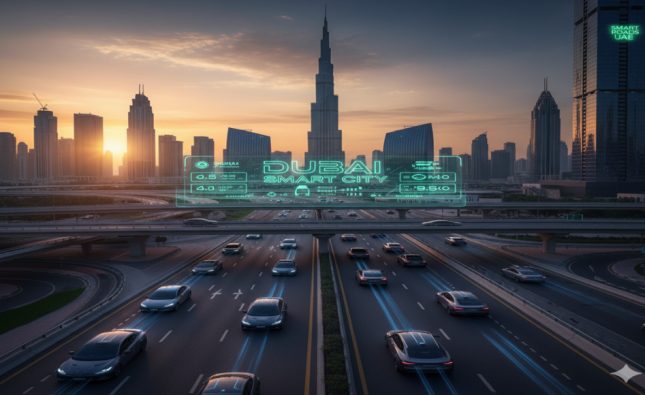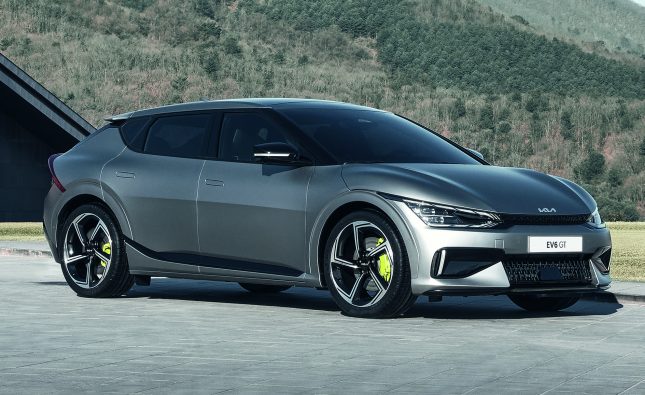
Introduction
In an era of increasing connectivity and digitalization, cybersecurity has become a paramount concern across industries. The automotive sector, in particular, faces significant challenges in safeguarding vehicles against cyber threats. Recognizing the importance of cybersecurity, Renault, a prominent automobile manufacturer, has taken a proactive approach by leading the development of a concept car that introduces advanced cyberattack protection. This article explores the innovative features and technologies incorporated into Renault’s concept car, reinforcing its ability to guard against cyber threats and ensuring the safety of drivers and passengers.
The Growing Need for Cyberattack Protection in the Automotive Industry
As vehicles become more technologically advanced and interconnected, they are susceptible to cyberattacks. Hackers can exploit vulnerabilities in vehicle software and systems, potentially compromising safety, privacy, and even the entire functionality of the car. With the rise of autonomous driving and connected features, ensuring robust cybersecurity measures has become a critical priority for automakers.
Renault’s Concept Car: Pioneering Cybersecurity in the Automotive Sector
Renault’s concept car exemplifies the company’s commitment to cybersecurity. By integrating cutting-edge technologies and security measures, Renault aims to set new industry standards and provide a safe driving experience. Let’s delve into the key features of this groundbreaking concept car:
1. Secure Vehicle Architecture
The concept car employs a secure vehicle architecture that separates critical systems from less sensitive components. By compartmentalizing the car’s internal network, Renault minimizes the risk of unauthorized access to crucial functions. This approach ensures that even if one system is compromised, the entire vehicle remains protected.
2. Advanced Threat Detection System
To detect and respond to potential cyber threats, the concept car features an advanced threat detection system. This system continuously monitors the car’s network and analyzes incoming data to identify anomalies or suspicious activities. By leveraging machine learning algorithms and real-time monitoring, the concept car can swiftly detect and mitigate cyberattacks.
3. Secure Over-the-Air Updates
Renault’s concept car supports secure over-the-air (OTA) updates, allowing for seamless delivery of software patches and security enhancements. OTA updates ensure that the vehicle’s software remains up to date, addressing any identified vulnerabilities or weaknesses promptly. This feature enables Renault to provide ongoing protection against emerging cyber threats throughout the lifespan of the vehicle.
4. Robust Data Encryption and Authentication
The concept car implements robust data encryption and authentication mechanisms to protect communication channels and data exchanges. By employing strong cryptographic protocols, Renault ensures that data transmitted between the vehicle and external systems remains secure and immune to unauthorized access or tampering. Secure authentication processes further enhance the car’s resistance to malicious actors.
The Benefits of Renault’s Concept Car
Renault’s commitment to cybersecurity in its concept car brings forth several benefits for both drivers and the automotive industry as a whole:
1. Enhanced Safety and Peace of Mind
With advanced cyberattack protection, the concept car prioritizes the safety and well-being of its occupants. Drivers can enjoy peace of mind, knowing that their vehicle is equipped with robust defenses against potential cyber threats. By safeguarding critical systems, such as braking and steering, Renault ensures the integrity and reliability of the driving experience.
2. Industry Leadership and Influence
Renault’s concept car positions the company as an industry leader in automotive cybersecurity. By pioneering advanced security measures and promoting cybersecurity awareness, Renault sets a precedent for other automakers to prioritize cybersecurity in their vehicle designs. This leadership role drives the industry forward, fostering innovation and collaboration in the realm of automotive cybersecurity.
Conclusion
Renault’s concept car stands as a testament to the company’s commitment to cybersecurity and innovation. By integrating state-of-the-art technologies, the concept car provides advanced protection against cyber threats, ensuring the safety and privacy of drivers and passengers. With its secure vehicle architecture, threat detection system, OTA updates, and robust encryption mechanisms, Renault’s concept car sets new benchmarks for cybersecurity in the automotive industry.
As the automotive landscape continues to evolve, automakers must remain vigilant in guarding against cyber threats. Renault’s concept car serves as an inspiration for the industry, emphasizing the critical need for robust cybersecurity measures in vehicles. Through ongoing innovation and collaboration, the automotive sector can continue to develop advanced cyberattack protection, creating a safer and more secure driving environment for all.










